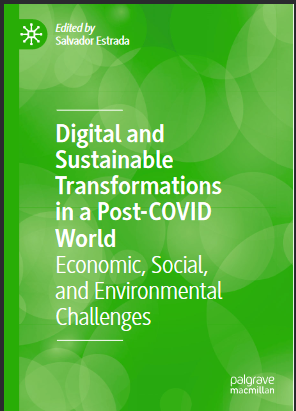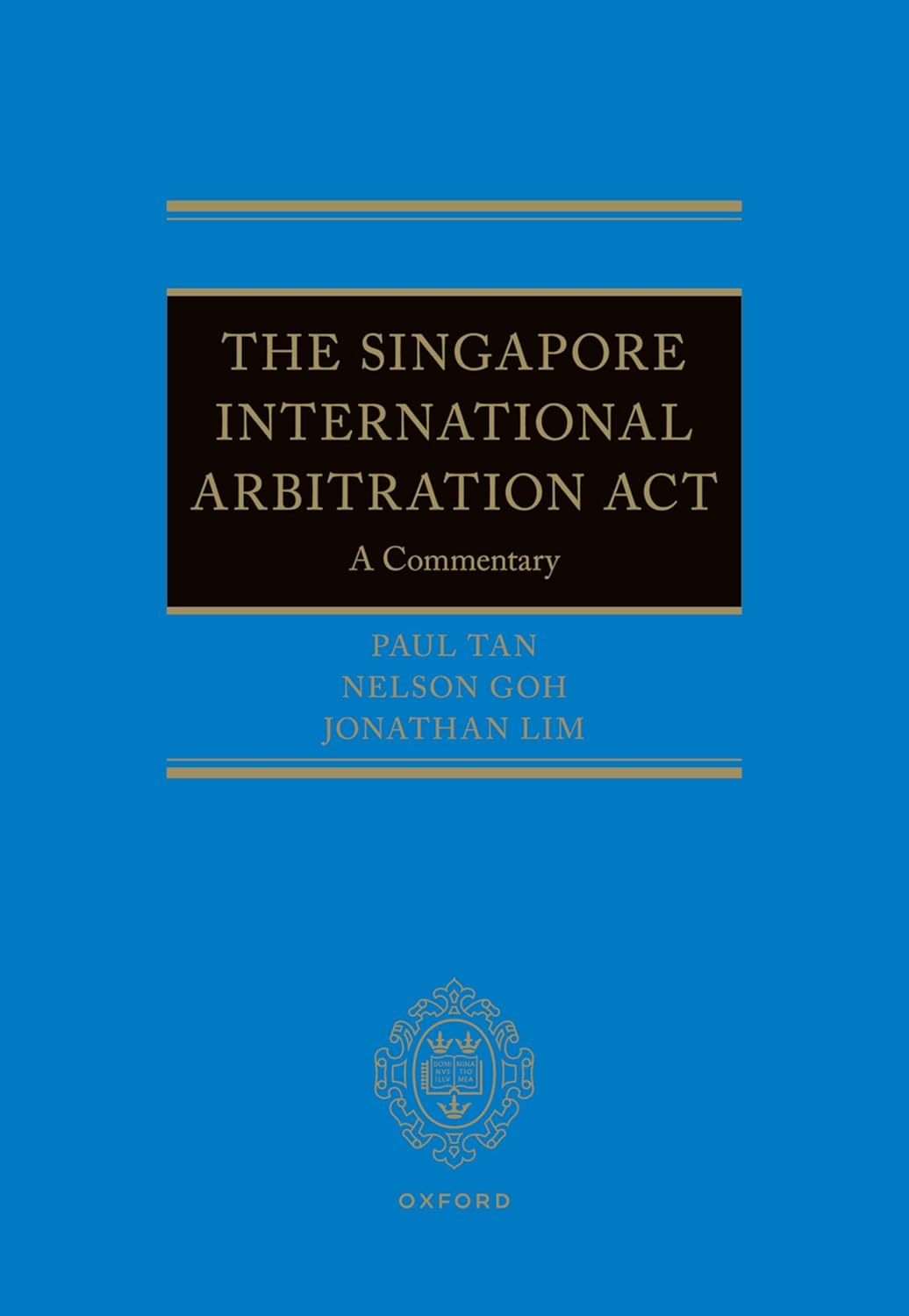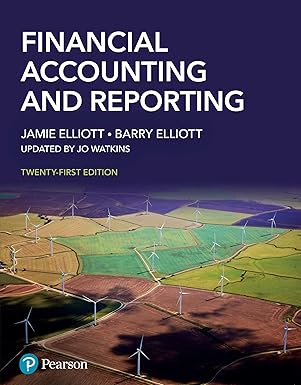CHAPTER 3 Innovation in Information Technologies for the Achievement of SDG 9 in Mexico: Technology Policy Analysis José Luis Solleiro-Rebolledo , Araceli Olivia Mejía-Chávez , and Rosario Castañón-Ibarra 3.1 Introduction In September 2015, the United Nations General Assembly approved the 2030 Agenda for Sustainable Development, which is composed of 17 Sustainable Development Goals (SDGs), 169 targets, and 231 global indi- cators focused on economic, and social sustainability for the 193 member states that signed it. The 2030 Agenda puts the dignity and equality of the population first through a set of global, regional, and national strategies J. L. Solleiro-Rebolledo (B) · R. Castañón-Ibarra Institute of Applied Sciences and Technology, Universidad Nacional Autónoma de México (UNAM), Coyoacán, Mexico e-mail: solleiro@unam.mx R. Castañón-Ibarra e-mail: rosarioc@unam.mx © The Author(s), under exclusive license to Springer Nature Switzerland AG 2023 S. Estrada (ed.), Digital and Sustainable Transformations in a Post-COVID World, https://doi.org/10.1007/978-3-031-16677-8_3 75 76 J. L. SOLLEIRO-REBOLLEDO ET AL. and policies to achieve greater economic growth and decent work for all, create sustainable cities, and combat climate change, among others [1, 2]. For the fulfillment of the goals of the 2030 Agenda, the progress of technology is fundamental and, even though all SDGs are highly rele- vant, it is in the interest of this research to focus on goal 9. Build resilient infrastructures, promote sustainable industrialization, and foster innova- tion, because this is a cross-cutting goal that participates in all productive, economic, social, technological, cultural, and environmental activities. In Mexico, the Specialized Technical Committee for the SDGs was created, made up of the Office of the President of the Republic, the National Institute of Statistics and Geography (Instituto Nacional de Estadística y Geografía, Inegi by its acronym in Spanish), and the Ministry of Finance and Public Credit (Secretaría de Hacienda y Crédito Público, SHCP by its acronym in Spanish), together with the United Nations Development Program, which within the framework of this collabora- tion defines the mechanisms for linking the Federal Expenditure Budget with the 2030 Agenda [3]. The 2030 Agenda is a roadmap that serves to chart the path toward various strategies that will serve to eliminate poverty, protect the environment, guarantee access to quality education, create added value through innovation, and generate conditions of well- being for all people, among others, without jeopardizing the resources of the population in the future. To achieve the mentioned above, the devel- opment of digital technology has been a fundamental tool, especially in the current pandemic scenario. In Mexico, the 2030 Agenda agreement came into force on January 1, 2016; one of the main actions in the framework of SDG compliance has focused on identifying the linkage
چکیده فارسی
فصل 3 نوآوری در فناوری اطلاعات برای دستیابی به SDG 9 در مکزیک: تجزیه و تحلیل سیاست فناوری خوزه لوئیس سولیرو-ریبولدو، آراسلی اولیویا میخیا-چاوز، و روزاریو کاستانیون-ایبارا 3.1 مقدمه در مجمع عمومی سازمان ملل متحد در 20 سپتامبر تصویب شد. دستور کار 2030 برای توسعه پایدار، که متشکل از 17 هدف توسعه پایدار (SDGs)، 169 هدف و 231 شاخص جهانی متمرکز بر پایداری اقتصادی و اجتماعی برای 193 کشور عضو امضاکننده آن است. دستور کار 2030 کرامت و برابری جمعیت را در ابتدا از طریق مجموعه ای از استراتژی های جهانی، منطقه ای و ملی قرار می دهد. )، Coyoacán، مکزیک پست الکترونیکی: solleiro@unam.mx R. Castañón-Ibarra پست الکترونیکی: rosarioc@unam.mx © نویسنده(ها)، تحت مجوز انحصاری Springer Nature Switzerland AG 2023 S. Estrada (ed. ، تحولات دیجیتال و پایدار در دنیای پسا کووید، https://doi.org/10.1007/978-3-031-16677-8_3 75 76 J. L. SOLLEIRO-REBOLLEDO ET AL. و سیاست هایی برای دستیابی به رشد اقتصادی بیشتر و کار شایسته برای همه، ایجاد شهرهای پایدار، و مبارزه با تغییرات آب و هوایی، از جمله [1، 2]. برای تحقق اهداف دستور کار 2030، پیشرفت فناوری اساسی است و با وجود اینکه همه SDG ها بسیار مرتبط هستند، تمرکز بر هدف 9 به نفع این تحقیق است. ایجاد زیرساخت های انعطاف پذیر، ترویج صنعتی شدن پایدار. و نوآوری را تقویت می کند، زیرا این یک هدف مقطعی است که در تمام فعالیت های تولیدی، اقتصادی، اجتماعی، فناوری، فرهنگی و زیست محیطی مشارکت دارد. در مکزیک، کمیته فنی تخصصی برای اهداف توسعه پایدار، متشکل از دفتر رئیس جمهور، مؤسسه ملی آمار و جغرافیا (Instituto Nacional de Estadística y Geografía، Inegi با نام اختصاری آن به زبان اسپانیایی) و وزارت دارایی و اعتبار عمومی (Secretaria de Hacienda y Crédito Público، SHCP با نام اختصاری آن به زبان اسپانیایی)، همراه با برنامه توسعه سازمان ملل متحد، که در چارچوب این همکاری مکانیسم هایی را برای پیوند بودجه هزینه فدرال با دستور کار 2030 [3]. دستور کار 2030 نقشه راهی است که در خدمت ترسیم مسیر به سوی استراتژی های مختلف است که در خدمت رفع فقر، حفاظت از محیط زیست، تضمین دسترسی به آموزش با کیفیت، ایجاد ارزش افزوده از طریق نوآوری، و ایجاد شرایط رفاه برای همه مردم، از جمله دیگران، بدون به خطر انداختن منابع جمعیت در آینده. برای دستیابی به موارد ذکر شده در بالا، توسعه فناوری دیجیتال یک ابزار اساسی به ویژه در سناریوی همهگیری کنونی بوده است. در مکزیک، توافقنامه 2030 دستور کار در 1 ژانویه 2016 لازم الاجرا شد. یکی از اقدامات اصلی در چارچوب انطباق با SDG بر شناسایی پیوند متمرکز شده است
ادامه ...
بستن ...
Editor
Salvador Estrada
Division of Social and Management
Sciences—Department of Business
and Finance
University of Guanajuato
Celaya, Guanajuato, Mexico
ISBN 978-3-031-16676-1 ISBN 978-3-031-16677-8 (eBook)
https://doi.org/10.1007/978-3-031-16677-8
© The Editor(s) (if applicable) and The Author(s), under exclusive license to Springer
Nature Switzerland AG 2023
This work is subject to copyright. All rights are solely and exclusively licensed by the
Publisher, whether the whole or part of the material is concerned, specifically the rights
of translation, reprinting, reuse of illustrations, recitation, broadcasting, reproduction on
microfilms or in any other physical way, and transmission or information storage and
retrieval, electronic adaptation, computer software, or by similar or dissimilar methodology
now known or hereafter developed.
The use of general descriptive names, registered names, trademarks, service marks, etc.
in this publication does not imply, even in the absence of a specific statement, that such
names are exempt from the relevant protective laws and regulations and therefore free for
general use.
The publisher, the authors, and the editors are safe to assume that the advice and informa-
tion in this book are believed to be true and accurate at the date of publication. Neither
the publisher nor the authors or the editors give a warranty, expressed or implied, with
respect to the material contained herein or for any errors or omissions that may have been
made. The publisher remains neutral with regard to jurisdictional claims in published maps
and institutional affiliations.
This Palgrave Macmillan imprint is published by the registered company Springer Nature
Switzerland AG
The registered company address is: Gewerbestrasse 11, 6330 Cham, Switzerlan
ادامه ...
بستن ...










